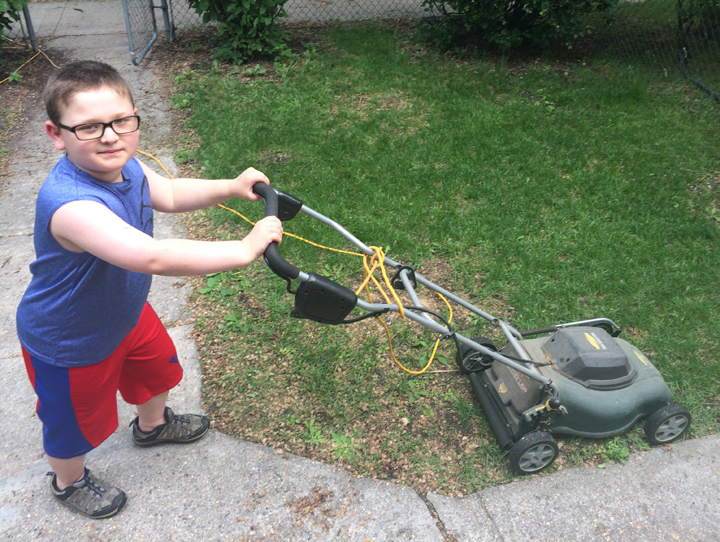Real-Life Experiences Help the Gospel Message Stick
- Post author:One Hope Canada
- Post published:novembre 10, 2020
- Post category:Blog
Our primary responsibility is to teach the younger generation about the Gospel message from an early age. We love and follow Jesus, and we desire the same for the children in our lives.
The fact is, before children even begin school, we have a huge influence on who they become. Developmental experts say the first six years mark a child for life. By age seven their “personality” mold has been cast.
Children’s ministry expert Rick Chromey says “faith—while still premature—has formed enough to guide future decisions.” (Read Chromey’s in-depth article on child development and faith here: Do You Know the ABCs of Spiritual Growth in Children.)

But before you get overwhelmed, remember this. You don’t have to be an “expert.” You can have influence in the lives of children by taking it one step at a time.
Jack Klumpenhower, author of the book “Show Them Jesus,” reminds us that “we need to know that it’s okay to start small, with just the most basic ideas about the Gospel.” (Can Little Kids Understand the Gospel)
Defining Gospel concepts
As we speak into our children’s lives, we need to deliberately create experiences that will define Gospel words and concepts. We may not be able to present the whole Gospel message to them when they are preschoolers, but we can begin by defining Gospel words.
“Babies grow up. Children mature. The seeds of faith—acceptance or rejection—are planted early. As children grow, so does faith. Faith that doesn’t fit will eventually be abandoned. The goal of faith development is continual resizing and reinvention. We can’t expect a size 4 faith to last a lifetime. We must provide faith that’s culturally relevant and has personal meaning.” (Rick Chromey, “Do You Know the ABCs of Spiritual Growth in Children. »
For example, when my wife and I were raising our three children, we wanted to teach them the Gospel concept of God’s forgiveness—a potentially abstract concept. When we found them fighting or arguing, we began defining forgiveness.
Instead of simply getting our children to say to each other, “I’m sorry,” we would ask each of them to stop and think about the wrong they had done to the other.
Then we would ask each one to say to the other, “I’m sorry for [insert wrong here], will you forgive me?” And we would have the other say, “Yes, I forgive you.” It was amazing to see how the conflict ended. Their hearts were content, and they went on playing together.
With this situation repeated often in our home (even between us and our children), forgiveness was defined in their daily life experience. Then, when they heard the truth that God forgives them of their sin, they had a foundation out of their life experience. It defined the concept for them and moved them to a deeper understanding of this part of the Gospel message.
For more on how you can do this in your own home or ministry, Klumpenhower explains how to teach five other key Gospel concepts through life experiences in Can Little Kids Understand the Gospel.
Recognize teaching moments
If your children are already elementary school age, you haven’t missed out! You can still create daily opportunities to define Gospel words and concepts. Using Bible words is a great place to start. For example, instead of “doing wrong,” call it “sin.” When you choose to forgo a deserved punishment, tell them you are “giving them grace.”
The more Gospel words you define in the context of life experiences, the deeper a child’s understanding of the Gospel message will be. Ask God to help you take advantage of those teaching moments, and to recognize the opportunities to define even one word from the Gospel message. You will embed the truth of the Good News of Jesus deep into their young hearts.

Roland McQuade is a missionary trainer and camp speaker for One Hope Canada.



